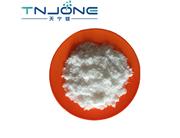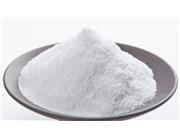Manufacturer Provide Pharmaceutical Chemicals Veterinary Raw Material CAS11115-82-5 Enramycin

Introduction
1.Product Name: Enramycin
2.Other Name :ENDURACIDIN HYDROCHLORIDE
3.CAS NO:11115-82-5
4.Purity: 99%min
5.Appearance:White Crystalline Powder
6.Molecular formula:C106H135Cl2N26O31R
7.Molecular weight:2340.2677
8.Storage:Keep in dark place,Sealed in dry,2-8°C
Enramycin is a polypeptide antibiotic that binds unsaturated fatty acids to more than a dozen amino acids. The main components are Enramycin A and B, which are its hydrochloride forms. application. White or yellowish white powder(coarse gray or gray-brown powder with extra odor). 234 ~ 238 °C decomposition, soluble in dilute hydrochloric acid, slightly soluble in water, methanol, ethanol, insoluble in acetone.
Function
Enramycin has a strong activity against Gram-positive bacteria, especially Clostridium in the intestine. After long-term use, it is not easy to develop drug resistance because it changes the bacterial population in the intestine. Therefore, the use of nutrients in feed is good, which can promote weight gain in pigs and chickens and increase feed conversion rates. Enramycin oral LD50 was 10g per kilogram of weight in large mice and 522.9 mg in 4 weeks of age. However, Enramycin(crude crystal) used for feed addition was oral, 11 g per kg of body weight in rats and mice and 8 g in broilers. Teratogenic and mutagenicity tests were negative. After oral administration, Enramycin only plays a role in the digestive tract and is not easily absorbed. After 6 to 12 H of administration of the chicken, enramycin excreted in the faeces reached 87.0 % to 100 %, and the residue of the piglets was very small. After 1 week of continuous use, the residue in the tissues was less than 25 μg / kg on the same day. Enramycin has no toxic effect on crops, fish and the environment after it is discharged by chickens and pigs. Therefore, it is a safe and effective animal specific antibiotic. Enramycin is preserved at 40 °C for 4 months, and the price is still above 90 %, but the price is reduced when the humidity is high. Enramycin is stored at room temperature for 12 weeks in the added feed, and the potency is not less than 90 % .
Application
1) Enramycin has a strong effect on Gram-positive bacteria. The main mechanism is to inhibit the synthesis of bacterial cell walls. The bacterial cell wall is mainly to maintain the appearance and maintain osmotic pressure stability. Its main component is viscous peptides. In Gram-positive bacteria, viscous peptides account for 65-95 % of the total cell wall. Enramycin can prevent the synthesis of sticky peptides, causing cell wall defects, causing intracellular osmotic pressure to increase, extracellular fluids to infiltrate the bacteria, causing bacteria to deform and swell, rupture and die. Enramycin mainly acts on the cracking stage of bacteria, not only sterilizing but also dissolving bacteria. The minimum antibacterial concentration is 0.05-3.13 μg / ml
2) The antibacterial ability of Enramycin to Clostridium aeruginosa is common in feeds. It can damage the small intestine, aggravate the severity of coccidiasis, and reduce the production performance of livestock and poultry. It is one of the main causes of chicken water stool, necrotizing enteritis and porcine diarrhea, and has become a universal concern in the world. It was found that Enramycin had the strongest antibacterial ability and no resistant strains were found in the test of Clostridium aeruginosa isolated from chicken farm by several progrowth antibiotics.

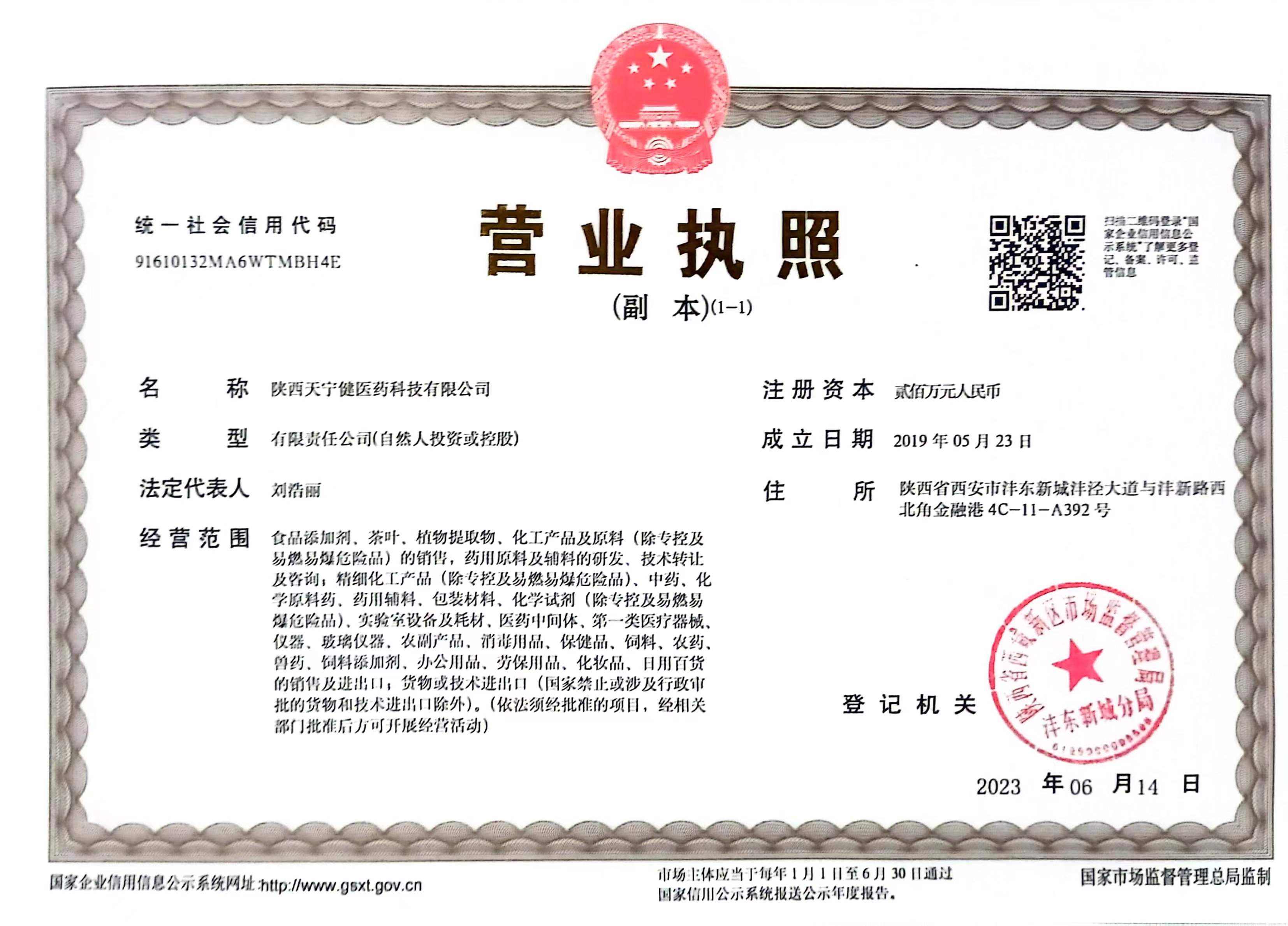
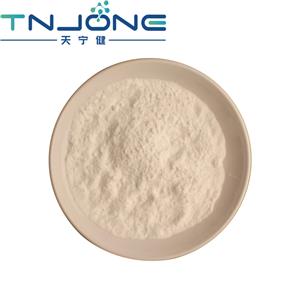
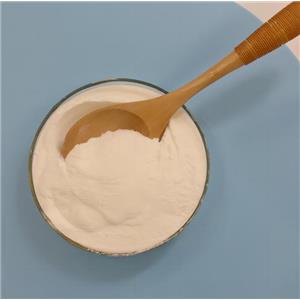

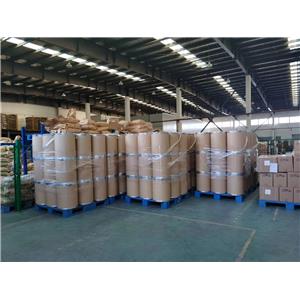
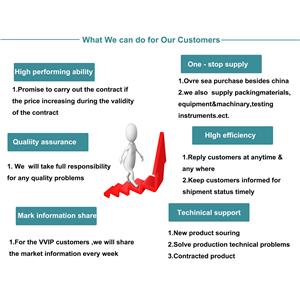

 China
China

